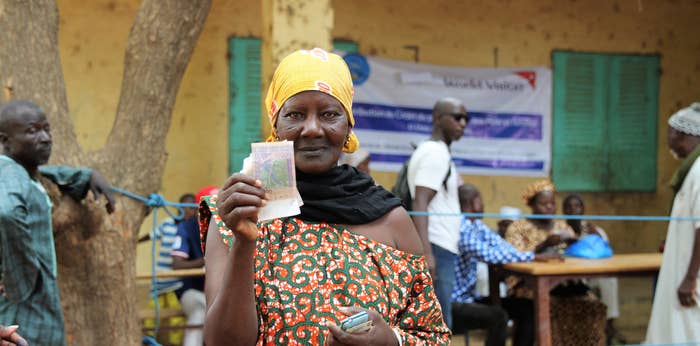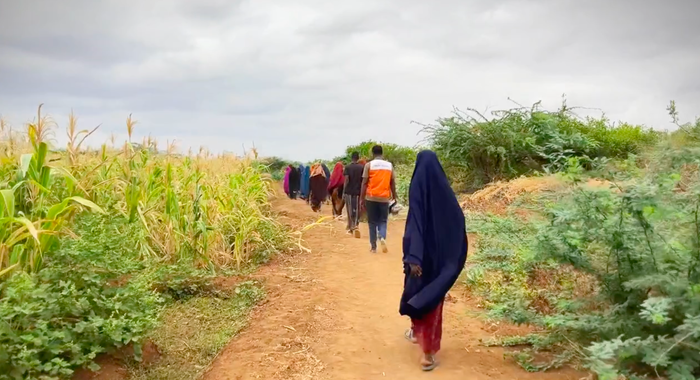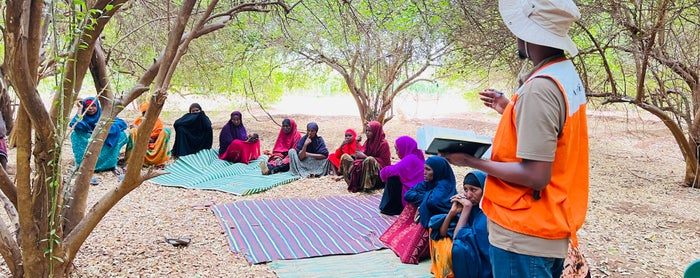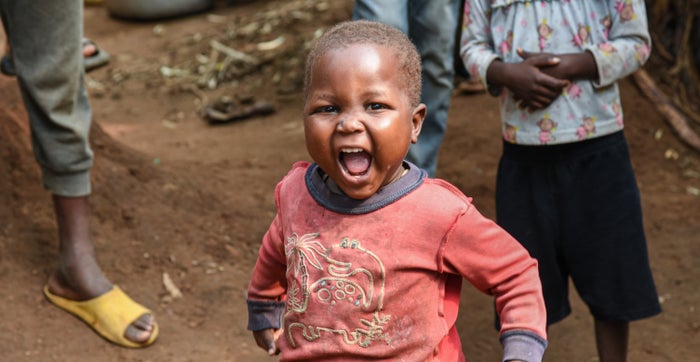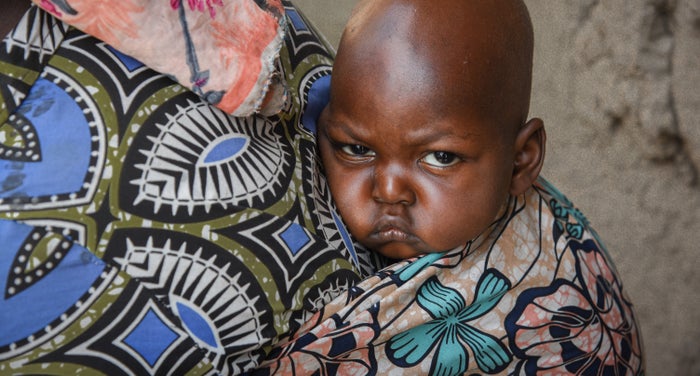Is your gift making it rain cash in Mali? Ah, no, but...
We do understand why a humanitarian organisation handing out 'cash' may trigger some red flags. In the spirit of being real & open, let's head to Mali and break it down a little...
Cash helps feed, clothe & protect children... mothers constantly tell us this, so we listen!
Childhood Rescue has just begun programmes in Mali :)
Mali is a complex country in West Africa.
Whilst it faces extreme difficulties & violence, it's home to resilient, wonderful people, who want to see peace come to Mali and we want to see that too.
Approximately 375,000 Malians (UNHCR) have been forced to leave their homes, livestock and livelihoods because of armed conflict.
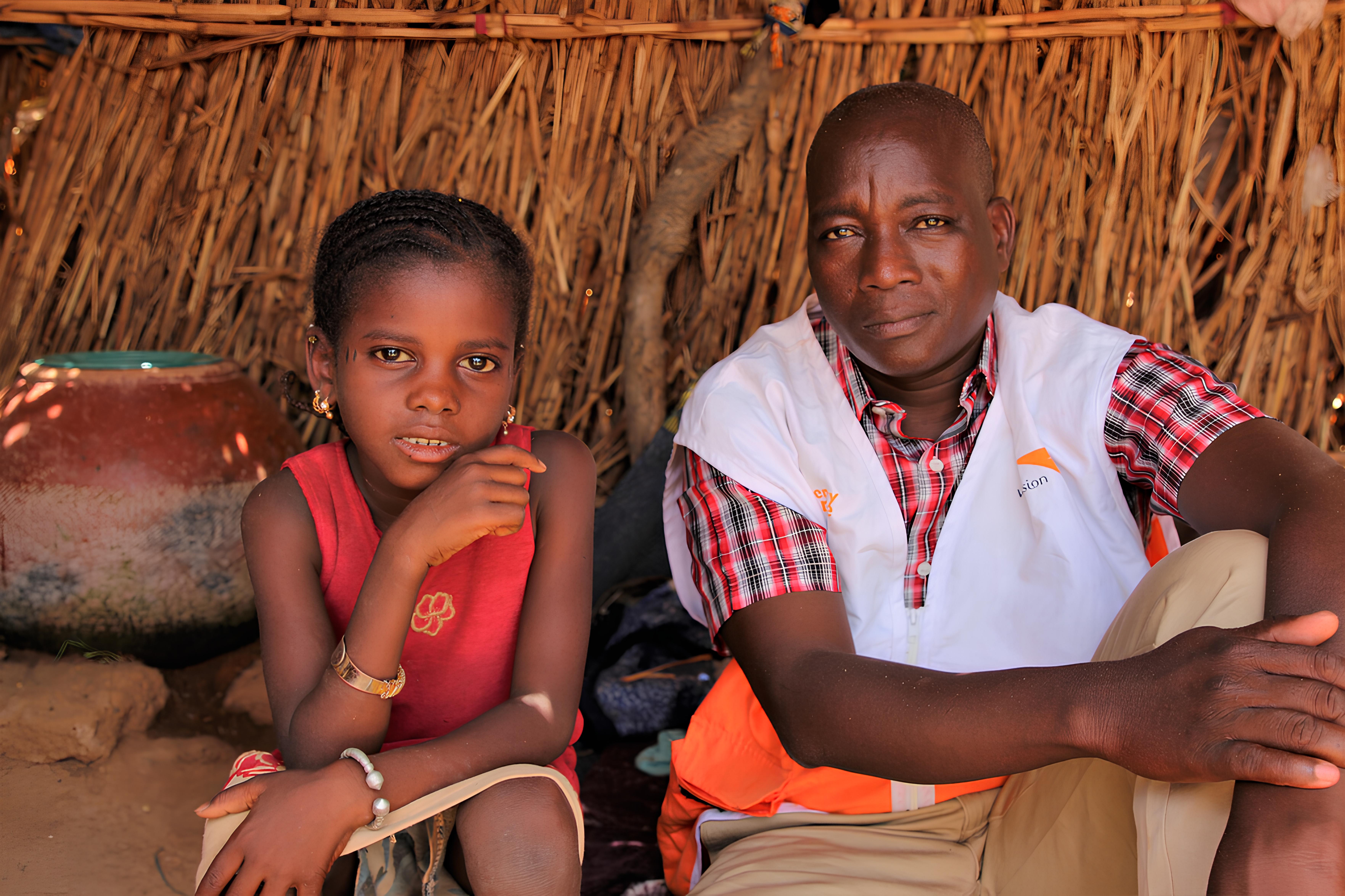
Enoque Dembele (right), our CHR Mali project manager, sits with Hawa. Hawa is living with a host family, as she got separated from her mother whilst fleeing the violence in their hometown, luckily. CHR is assisting Hawa and her new host family with cash support for food and also support to get her back to school.
Fousseni Kone
Humanitarian organisations have been pivoting to 'cash vouchers' where and when possible.
Much like a gift card you might get from Grandma at Christmas, a cash voucher can only be spent at approved local vendors but they offer agency by giving participant's choice.
This works well in many places, but in many of the extremely remote places we work, cash remains the only way to get help to families who need to feed hungry children, and buy medicine or essentials.
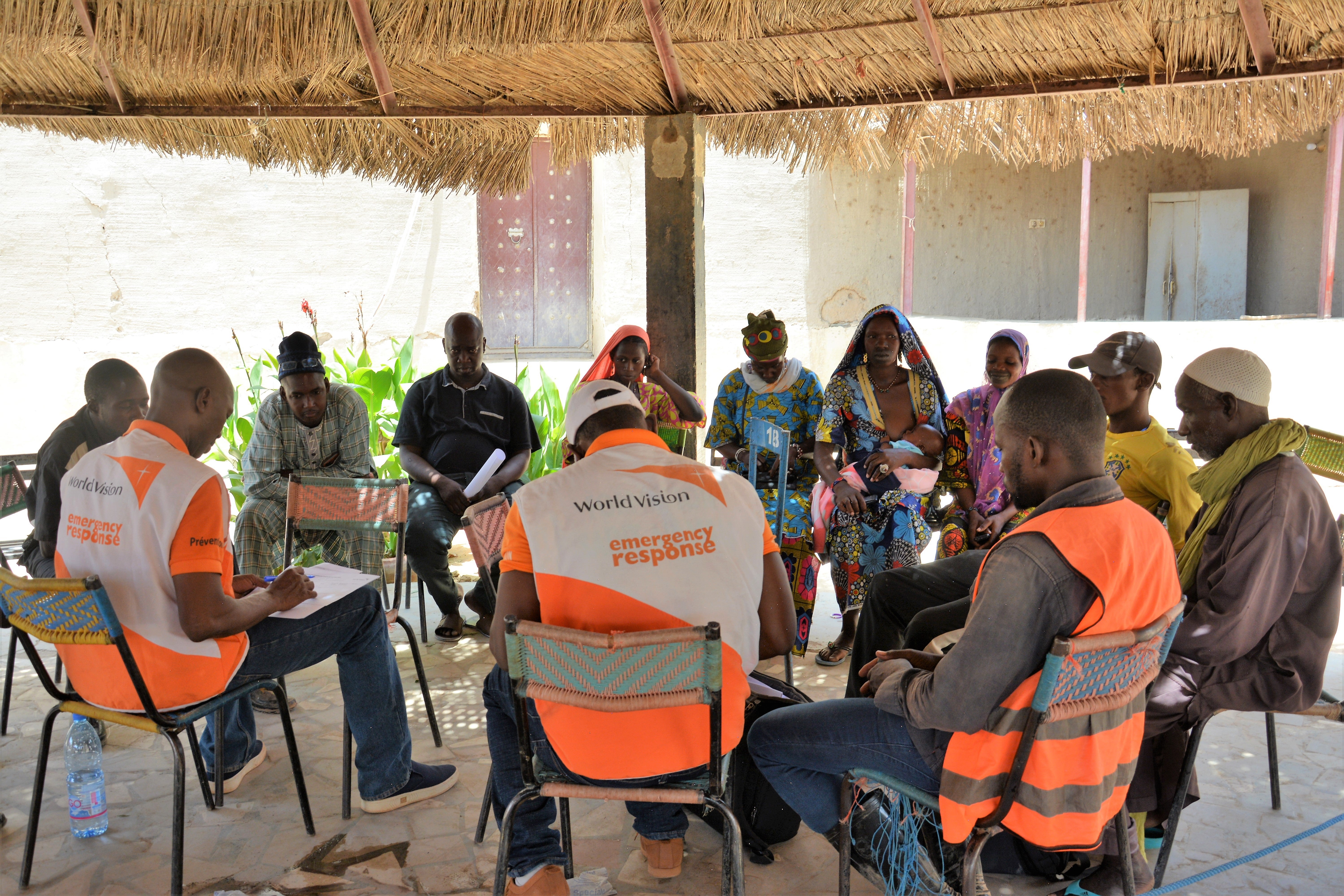
Our staff sit with community members to review the plans and to update any changes in security contexts. Cash distributions are planned in activity meetings such as this.
Fousseni Kone
It's easy to think, 'Well, can't you give food packages instead of cash?'
Yes, and when appropriate we absolutely do, but in very remote places we have to find the best solution that will deliver the most impact, fast.
Here are a few 'food packages' things to consider:
- Food packages take a lot of time, and securing reliable and safe supply chains is difficult as is the cost of warehousing and transportation
- Do not support the local economy or vendors
- Predominantly contain non-perishable items only
- Neglect to promote agency and choice for mothers and caregivers
- Limited to food items, bypassing the ability to purchase medicine or other essential items such as shoes
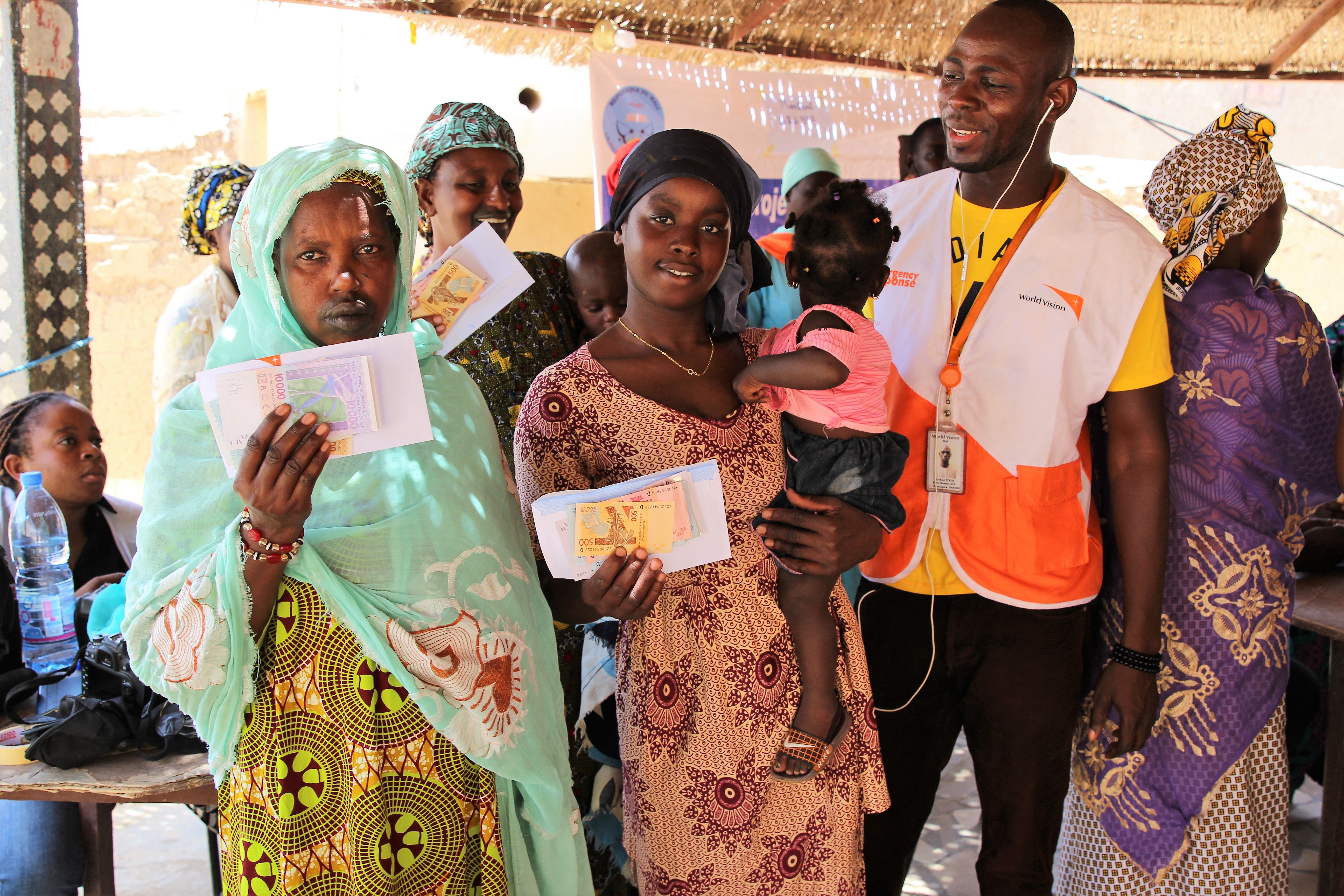
Cash distributions are an amazing team effort. Upon successful community consultation, the team plan weeks ahead, starting firstly with security and mapping safety routes to and from locations. The team is made up of logistics and set up, crowd management, security, operations, registration staff and a community help desk. There is a clear system and the community leaders work to assist in the smooth running of the activity.
Fousseni Kone
You will be very relieved to learn that, we don't turn up to a new community telling them what we think is best (exhale collective sigh of relief).
Nope, Childhood Rescue programmes start by listening.
In Mali, community leaders, local authorities and the community worked together to document the most pressing needs facing children.
Through workshops, conversations, questionnaires and community forums, child malnutrition, health and education were identified as key concerns for IDP settlements (Internally Displaced Person) and the host communities.
In Mali, your gift is helping IDP children survive with activities like cash distributions and education support is helping IDP children recover and work towards building a future.
What can I do?
Here's three ways for you to go a little deeper - chat, act or share!
- 1
Ask a Question
Got something you don't quite understand? Ask a question and we'll get you an answer direct from our amazing project staff.
Ask Away - 2
Donate
Every gift makes a difference. Our Childhood Rescue fund helps children living in the world’s most dangerous places.
Donate Now - 3
Share on Social Media
Raising awareness is vital. Help make people aware of the situation and the difference we can make, together.
